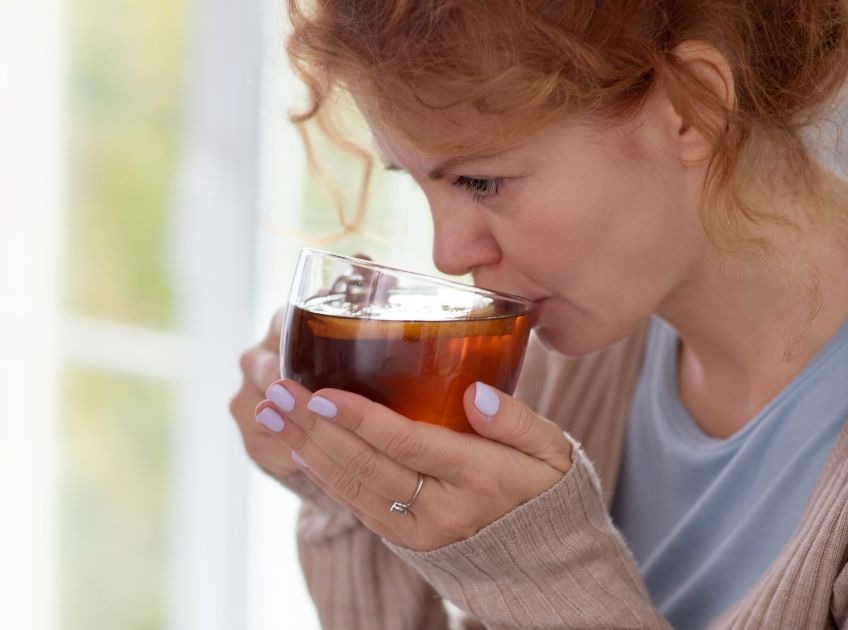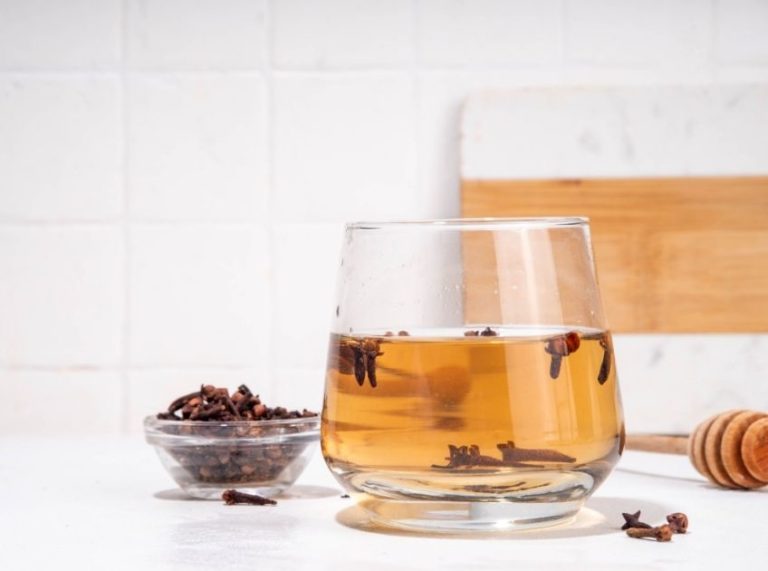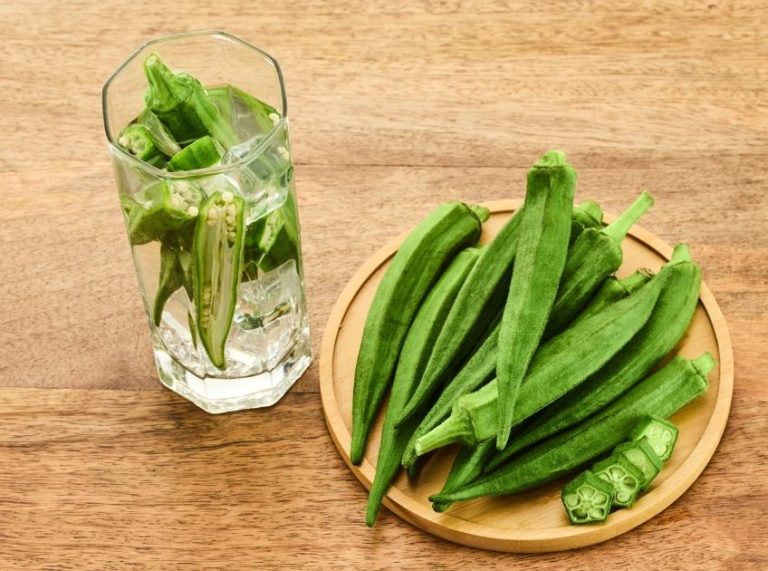
Important: This article is for informational purposes only. Please read our full disclaimer for more details.
A persistent cough can make even the simplest tasks—like sleeping or talking—feel exhausting. While over-the-counter cough syrups can help, many people prefer natural remedies that are gentle, comforting, and time-tested. Herbal teas are among the most effective home remedies for coughs thanks to their soothing warmth, anti-inflammatory properties, and ability to ease throat irritation.
Below, we’ll explore seven of the best teas to relieve coughing, backed by research and herbal wisdom, plus additional remedies and when to seek medical care.
The Tea Cabinet Cure: 7 Teas That Help Ease a Cough
1. Ginger Tea – Nature’s Anti-Inflammatory Cough Reliever
Ginger tea is one of the most powerful herbal remedies for cough relief due to its warming, anti-inflammatory, and antimicrobial properties (1). The active compounds, gingerols and shogaols, help relax the airway muscles and reduce irritation, making it particularly useful for dry, persistent, or cold-related coughs. Ginger also has a mild analgesic effect, which helps ease throat discomfort caused by continuous coughing.
Drinking ginger tea increases blood circulation and warmth in the body, helping break down mucus and support faster recovery from respiratory infections. It pairs exceptionally well with honey and lemon for extra soothing benefits. For stronger relief, fresh ginger root is more potent than powdered ginger.
Best for: Dry cough, viral cough, throat irritation, cold-weather coughs.
2. Peppermint Tea – Helps Open Airways & Reduce Mucus
Peppermint tea is a refreshing herbal infusion known for its ability to open the respiratory passages and reduce coughing (2). The cooling compound menthol acts as a natural decongestant, helping shrink swollen membranes in the nose and throat, while loosening mucus for easier expulsion. Menthol also has a mild numbing effect, easing throat soreness caused by constant coughing.
Peppermint tea’s vapors alone can help reduce congestion—making it a great tea to inhale and sip simultaneously. In addition, peppermint has antiviral and antibacterial properties that promote quicker recovery when your cough is caused by infection.
Best for: Congested cough, sinus-based cough, post-nasal drip, tight chest.
3. Honey + Lemon Tea – A Classic for Sore Throat & Nighttime Cough
Honey and lemon tea is a timeless cough remedy — and unlike many home treatments, it has strong scientific support. Honey acts as a natural demulcent, meaning it coats the throat and reduces irritation that triggers coughing fits (3). Lemon, rich in vitamin C and antioxidants, helps boost immunity and break down mucus (4).
This tea is particularly effective for nighttime cough. The soothing effect of honey helps reduce the frequency of coughs during sleep, improving rest and recovery. You can also pair this tea with ginger or turmeric for a multi-benefit therapeutic beverage.
Best for: Nighttime cough, sore throat cough, viral cough, children’s cough (over age 1).
4. Turmeric Tea – Golden Drink for Inflammation & Immunity
Turmeric tea, commonly known as golden tea, is prized for its powerful anti-inflammatory compound curcumin (5). Curcumin has been studied extensively for its ability to reduce inflammation in the airways, making it beneficial for coughs caused by infection, allergies, asthma, or respiratory irritation. Its antioxidant power helps the body fight off pathogens and reduce the length and intensity of cold-related coughs.
For maximum absorption, turmeric should be consumed with black pepper (which contains piperine) and a source of fat such as coconut milk. Adding honey and ginger enhances both flavor and cough-soothing effects.
Best for: Allergy-induced cough, inflammatory cough, lingering post-viral cough, asthma-related cough.
5. Licorice Root Tea – A Natural Cough Suppressant
Licorice root tea has a long history in Ayurvedic and Traditional Chinese Medicine for treating sore throat, coughs, and respiratory inflammation (6). It acts as a natural expectorant, helping loosen and expel mucus, while also functioning as a demulcent, coating and soothing irritated throat tissues.
The active compound glycyrrhizin provides antiviral and antimicrobial action, making licorice useful for coughs caused by infections. Its slightly sweet flavor also makes it pleasant to sip. However, licorice tea should be consumed in moderation and avoided by people with certain medical conditions.
Best for: Dry cough, irritated throat, tickly cough, mild chest congestion.
6. Thyme Tea – Proven to Ease Cough & Bronchitis
Thyme tea is one of the few herbal teas with strong research evidence for cough relief. It contains thymol and carvacrol, compounds known for antimicrobial, antispasmodic, and expectorant properties. This means thyme helps fight infection, relax coughing spasms, and clear mucus from the airways — a combination that makes it especially beneficial for wet, productive coughs.
A study in Respiratory Medicine showed that thyme extract significantly reduced coughing and improved breathing in people with acute bronchitis (7). Thyme tea has an earthy flavor, and many people combine it with honey to enhance both taste and throat-soothing qualities.
Best for: Mucus-heavy cough, bronchitis, bacterial cough, chesty cough.
7. Green Tea – Antioxidant Support for Faster Recovery
Green tea is milder in direct cough-soothing effects compared to ginger or thyme, but it plays a vital role in supporting the immune system, which indirectly helps reduce cough duration (8). Rich in antioxidants such as catechins, green tea helps the body fight viral and bacterial invaders. It also contains anti-inflammatory compounds that soothe irritation along the respiratory tract.
Warm green tea can help loosen mucus, hydrate the throat, and reduce coughing frequency. For an immunity-boosting cough remedy, add lemon and honey to green tea — a three-ingredient powerhouse for recovery.
Best for: Early cold symptoms, low-grade cough, immune strengthening, preventing cough from worsening.
Beyond the Teacup: Other Simple Home Remedies for Cough Relief
- Steam inhalation with eucalyptus
- Salt-water gargles (especially for sore-throat-related coughing)
- Humidifier for dry air coughs
- Raw honey at bedtime to ease nighttime cough
- Ginger + honey lozenges
Why Tea Works: The Benefits of Drinking Tea for Coughs
- Provides warm moisture to soothe the throat
- Helps loosen mucus in the chest and nasal passages
- Contains antioxidants that support immune health
- Many herbs offer anti-inflammatory and antimicrobial effects
- Promotes relaxation and better sleep—crucial for recovery
When to See a Doctor: Don’t Ignore These Symptoms
Seek medical advice if a cough:
- Persists for more than 3 weeks
- Produces blood or rust-colored mucus
- Comes with high fever or severe breathing difficulty
- Is accompanied by chest pain or wheezing
- Occurs frequently at night or after meals (could be acid reflux or asthma)
Frequently Asked Questions (FAQ’S)
1. How many cups of herbal tea should I drink for a cough?
A. 2–3 cups daily is generally effective and safe, depending on the herb. Start with one cup and increase gradually.
2. Can I mix different herbs for a stronger effect?
A. Yes—ginger, honey, lemon, and turmeric make a powerful combination. Avoid mixing strong herbs like licorice with other remedies without guidance.
3. Are these teas safe for children?
A. Herbal teas should be given with care. Honey should not be given to children under 1 year old. Always consult a pediatrician for kids under 5.
A warm cup of herbal tea can do more than comfort—it can naturally ease coughing, soothe the throat, and support faster healing. Whether you prefer ginger, green tea, or a honey-lemon blend, adding these soothing teas to your routine can make a noticeable difference. Pair them with good rest, hydration, and supportive home care, and you’ll be on the road to recovery in no time.















